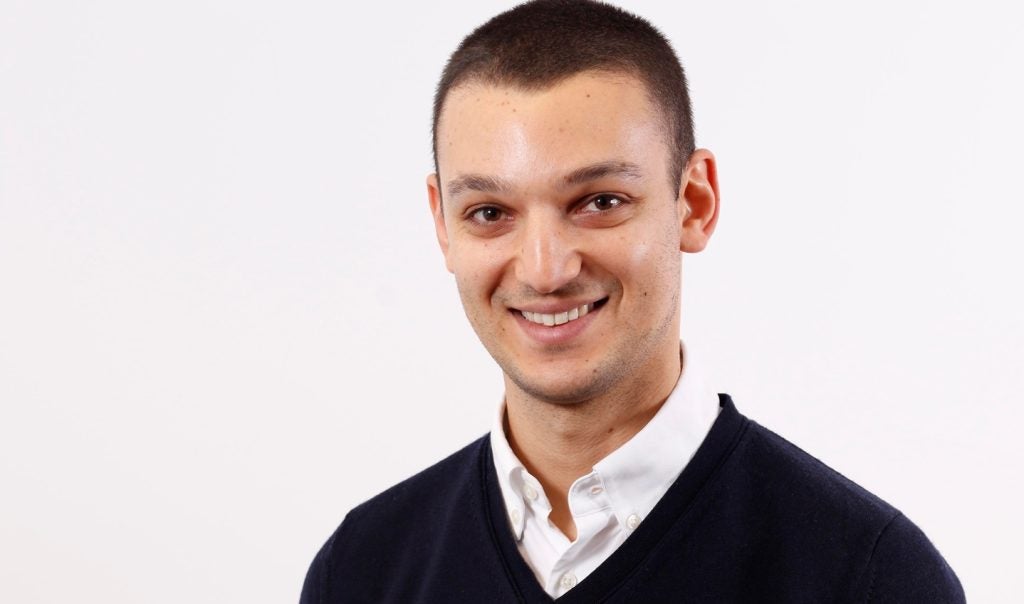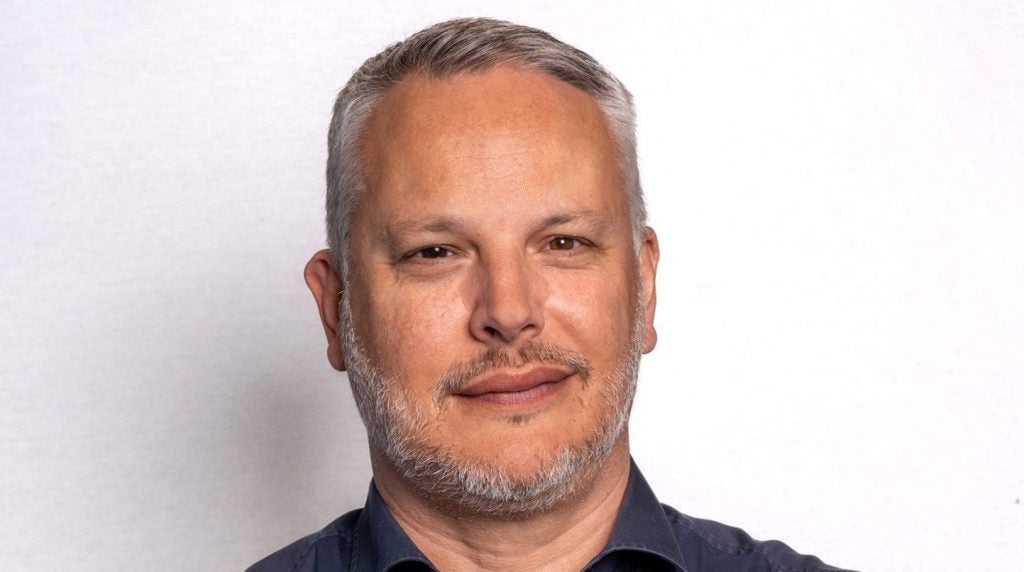Industry figures gathered at law firm TLT’s offices in central London to discuss Open Banking, both for its potential in the leasing industry and regarding any potential consumer reticence to the idea. The event was hosted by the Leasing Foundation. Christopher Marchant reports.
The event centred around a panel discussion between Conrad Ford, founder and chief executive officer at Funding Options, Marc Plato, senior client executive at The ID Co., Carl Davis, managing director and chief technology officer at Downswood, and Daniel Weaver, head of innovation at Equifax UK.
Open Banking entails the use of open APIs that enable third-party developers to build applications around a financial institution. The technology also allows for greater financial transparency options for consumers through the use of open data.
Weaver observed the advantages of Open Banking from the perspective of an underwriter, saying: “Through this technology you will be able to have three years’ worth of bank statements condensed and sorted into the most high-profile and important payments.”
He continued: “Open Banking can also flag missed payments, allowing for forecasting of the future and helping to instantly alter perceptions when things change.”
The imposition of General Data Protection Regulation (GDPR) across Europe in 2018 had a wide-ranging impact on Open Banking, including limiting the use of solely automated decisions that impact individuals.
How well do you really know your competitors?
Access the most comprehensive Company Profiles on the market, powered by GlobalData. Save hours of research. Gain competitive edge.

Thank you!
Your download email will arrive shortly
Not ready to buy yet? Download a free sample
We are confident about the unique quality of our Company Profiles. However, we want you to make the most beneficial decision for your business, so we offer a free sample that you can download by submitting the below form
By GlobalDataAs to whether this spurs a need to introduce a human element to ensure compliance and customer reassurance, Weaver said: “From a consumer standpoint, Open Banking has not been adopted in a fully automated capacity. The journey is more based around sourcing banking statements faster, and looking to use the intelligence gained from those bank statements to make the underwriter’s job easier.”
New Technologies
On the construction of Open Banking software for a financial institution, Ford noted: “Whenever there is a perception that the customer journey is broken, it inevitably leads to a programme with two years of scoping, three years of build and two years of a financial institution fixing what they got wrong.
“The fix-everything-in-one-go mentality is disastrous. With Open Banking, Funding Options took the opposite approach. With the first use of Open Banking, there was nothing built into the core systems, because it was untested in so many ways. Instead, a few hundred pounds was spent with a supplier and a few hours of the customer-facing team’s time taken up.
“In those early stages, there was a significant amount of surprise that many customers were willing to do this crazy new thing. It was also a vital first lesson from the process, which is that we had zero desire to integrate directly with Open Banking. Only then did Funding Options start investing a bit more heavily in the technology, and actually find ourselves in the position to be able to construct the customer journey with all the messaging about Open Banking.”
All four panel members were aware that the financial world was still in the very early stages of utilising the potential of Open Banking. Plato said: “Open Banking will get exponentially bigger. However, there is no desire to change an entire business model and force everybody into Open Banking. It has to sit in alignment with traditional people who still want to send in paper information, but there are customers who do have a desire to automate and share as much as possible digitally on online applications.
“It is also not my belief that Open Banking will fully take over all of the underwriting because that’s not its space, but it can certainly take huge leaps and chunks out of what is a fairly lengthy underwriting process currently.”
Davis echoed Plato’s sentiments on the take-up of Open Banking, adding: “No one on this panel is advocating full automation. It all comes back to the intention of giving the underwriting team as much information as possible. It is almost like they are the pilots and they have these autopilot systems that will be able to give them information a lot quicker than they would normally get by printing off a spreadsheet and using a highlighter.”
The Customer Journey
As seen with the discussion over a continuing level of human interaction with underwriting in an Open Banking world, it is still a matter of contention as to exactly how the technological advancement will affect the customer process.
Ford observed: “Open Banking data, starting first with working capital, will take consumers extraordinarily close to one-click finance.
“For two decades now, consumers have been repeatedly told not to share their internet banking credentials with anyone. Financial institutions advocating for Open Banking represent somebody new coming in and saying: ‘It is now fine to do this.’ That was never going to be a happy place to find oneself in, yet in that context we have been pleasantly surprised with how customers have reacted to the idea.”
Ford gives an unlikely example that may have paved the way for sections of consumers to become acclimatised: online payday loan providers such as Wonga. These companies used screen-scraping technologies that are enabled by the same internet banking credentials. His conclusion covered the sheer potential of Open Banking, noting: “If customers start using this data, I guarantee it will transform the finance industry in both the consumer and SME spheres.
“Funding Options was given access by the CMA to 50,000 small businesses’ current accounts and data sets, and what was possible with this was extraordinary. It is physical bank statements on steroids.”
For Weaver at Experian: “Knowledge of Open Banking is very low among the general public at the moment, so for 99% of people this will be a new experience. Companies are still getting better, but it is nowhere near the finishing point.”
Risks
As with all new technology, there are certain associated risks.
In the case of Open Banking, these relate largely to the use of open data and any possibility of a consumer’s information being used inappropriately or stolen.
According to Davis: “The temptation when financial institutions encounter something new is to implement it before their competitors do. What companies need to do first is to actually understand its data architecture. Once this is achieved, they can understand how secure a piece of data should be and who should have access to it.
“The key thing is security. Who has access to that data – even internally – needs to be considered. Financial institutions should acquire a data governance platform that will help them to be able to manage a dataset, and the security within those datasets.”
Of the question of use of customer data in Open Banking, Plato said: “I’m often asked that question visiting potential clients; however, protecting customer data is nothing new to the industry, going back to considerations of how to store and manage paper bank statements with information about customers.
“It’s still their bank data, it is still identifiable, and you must hold the key to destroy that information if that becomes the necessary course of action.”
Looking Forward
Giving a final observation on why Open Banking take-up might be faster than some think, Ford said: “If you had told me five or 10 years ago that I would get into a stranger’s car at two in the morning because my phone told me to, or host a stranger in my spare room because my phone told me that was OK, I’d have thought you mad.
“Now AirBnB is one of the biggest hotel companies in the world, Uber one of the biggest taxi firms. If society has gone this far, Open Banking may be the next step.”
Concluding the event was Mike Randall, managing director of Simply and Leasing Foundation board member: “Quite clearly, these events are needed because we keep filling a room.
“We hopefully are trying to inspire those here to think differently about the challenges in business, how to drive things forward, how to innovate and basically change the industry perspective. The asset finance industry is on this journey now.”







